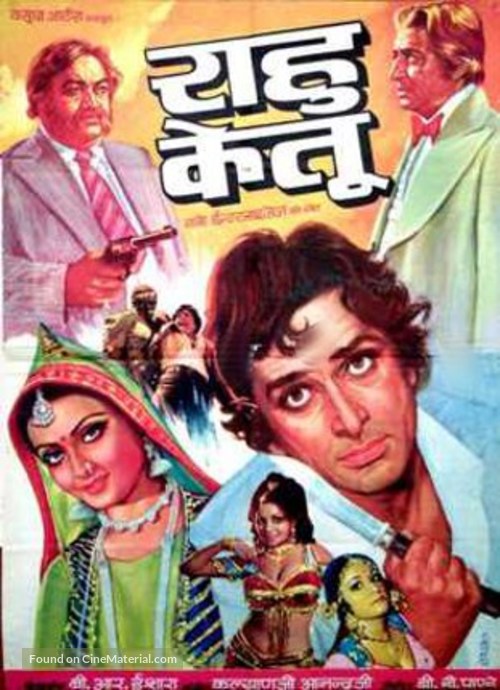EXCERPT: “And yet, by the end of O Kadhal Kanmani, I realized that I might have been missing the point of the film: Bombay, beautiful Bombay, in its real and cinematic avatars, appears to be the raison d’être of this film, and perhaps the most plausible kanmani on offer. Not for nothing does the film begin with Dulquer’s Aditya Varadarajan disembarking at CST/Victoria Terminus, and catching sight of Nithya Menon’s Tara, her image framed, de-stabilized, and finally obscured by passing trains in possibly the best train shots of even Ratnam’s long career. Indeed, over the course of the film the couple seems to meet more often in BEST buses and local trains than seems plausible for the iPad and iPhone wielding yuppies these two seem to be, and the reason is surely that O Kadhal Kanmani is Ratnam’s paean to a city that he loves, in the manner one loves a city one has discovered later in life, too late, that is, to take for granted. As with so many films from decades ago, the city’s lodestars are (apart from CST) the Gateway of India, the Worli sea-face, and the public transport system, each of these sites charged with years of not just social but cinematic meaning that made the experience of watching them on-screen moving in a way quite independent of the unfolding love story. The romance, in short, serves as backdrop to Ratnam’s representation of a city he clearly loves.”
Continue reading
Archive for Mani Rathnam
Qalandar Reviews O KADHAL KANMANI (Tamil; 2015)
Posted in the good with tags A.R. Rahman, Bombay, Dulquer Salman, Leela Samson, Madras Talkies, Mani Rathnam, Mumbai, Nithya Menon, Prakashraj, qalandar, review, Tamil on April 19, 2015 by QalandarThe Resented
Posted in the good with tags Abhishek Bachchan, Amitabh Bachchan, Hindi, Hollywood, Mani Rathnam, politics, qalandar on July 22, 2012 by Qalandar
I’m in a distinct minority among my friends and acquaintances in the esteem in which I hold Abhishek Bachchan. To me, he’s one of the few understated actors we have, tapping into some of his father’s brooding iconicity in his dramatic roles, and possessed of a comic mode that, at its best, combines deadpan delivery with a kind of earnestness, a special talent there aren’t very many roles for in the contemporary Hindi film industry. But most people I meet are far more derisive. It isn’t that they disagree with me, and believe that he is a mediocre or poor actor — that would be unexceptional. No, what is striking to me is the extent to which people will, even if they feel I’m overdoing it when it comes to Abhishek Bachchan, go further than simply saying that he isn’t a good actor, or that he has many flop films. I’ve heard him referred to as “lazy,” “dheela,” “pathetic,” “un-smart,” and even “disgusting,” “dirty,” a parasite off his wife’s celebrity, as the beneficiary of nepotism and connections a sign of everything that is wrong in India, and a source of embarrassment for his parents. Moreover, at least some of the people I’ve met who have expressed these opinions agree that he has performed very well in this or that film, which makes the intensity of the reactions somewhat curious. Continue reading
Qalandar Reviews GANGS OF WASSEYPUR (Hindi; 2012)
Posted in the good with tags Anurag Kashyap, Bihar, Deewar, Hindi, Kaala Pathar, Mani Rathnam, Manoj Bajpai, masala, Nawazuddin Siddiqui, Piyush Mishra, politics, qalandar, Reemma Sen, review, Sneha Khanwalkar, Trishul on July 14, 2012 by QalandarUpdating this post as Qalandar’s piece has now been published on the Outlook site

LINK
Gangs of Wasseypur opens with two of my pet peeves: a voiceover, and an explanation of where we are and how we got there (it’s cinema, people, show me, don’t tell me!). But – and I’m not sure how he does this – director Anurag Kashyap uses these clunky props to pull off some of his best filmmaking yet, in a fantastic hour that situates us in Dhanbad, in Bihar’s (now Jharkhand’s) coal belt, the casual and systematic brutality of its mining industry, and the complicity of the state (both pre- and post-colonial) in all manner of oppression. Marking incident, place and time is Piyush Mishra’s gravelly voice, informing us that our special Purgatory is Wasseypur in the 1940s, south of Dhanbad, a Muslim-village locked in permanent struggle between the Qureshis (butchers by trade) and every other kind of Muslim. Continue reading
Qalandar on RAAVANAN (Tamil; 2010)
Posted in the good with tags A.R. Rahman, Abhishek Bachchan, Aishwariya Rai, Kartik, Mani Rathnam, myth, politics, Prabhu, Priyamani, qalandar, Ramayana, review, Santosh Sivan, Tamil, Vikram on June 23, 2010 by QalandarA post-script to my review of Raavan, in light of last night’s trip to New Jersey to watch Raavanan (the Tamil half of this bi-lingual):
The dialogues in the Tamil version are the biggest surprise — and offer the most intriguing glimpse into director Mani Rathnam’s vision. Several dialogues offering glimpses of the “backstory” are absent in the Hindi version, ranging from Continue reading
Qalandar’s Music Review: RAAVAN (Hindi; 2010)
Posted in the good with tags A.R. Rahman, Abhishek Bachchan, Aishwariya Rai, Gulzar, Mani Rathnam, Music, qalandar, Raavan, Ramayana, review, Tamil, Vikram on May 4, 2010 by Qalandar
The music of “Raavan” — supposedly a modern day re-telling of The Ramayana — wasn’t what I was expecting. Instead of a self-contained album confining itself to the world of the film like several other collaborations between composer A.R. Rahman and director Mani Rathnam (such as “Alai Payuthey”, “Yuva”, or “Kannathil Muthamittal”), this album hearkens to the music of the greatest Rathnam film of all, “Iruvar”, in its anthologizing of almost an entire film music tradition. But whereas Rehman’s mode in “Iruvar” was history, with each song representing a different Tamil film era (Rehman’s genius ensuring that none of the songs seemed derivative or stale, as merely nostalgic numbers would have), the “Raavan” album cannot imagine such continuity: the Hindi film musical tradition is here, but in shards as it were. Continue reading





 Oppenheimer / 2023
Oppenheimer / 2023
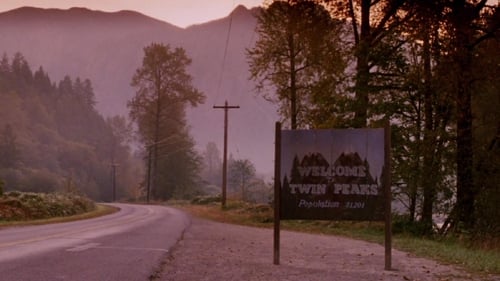 Twin Peaks / 1990-91
Twin Peaks / 1990-91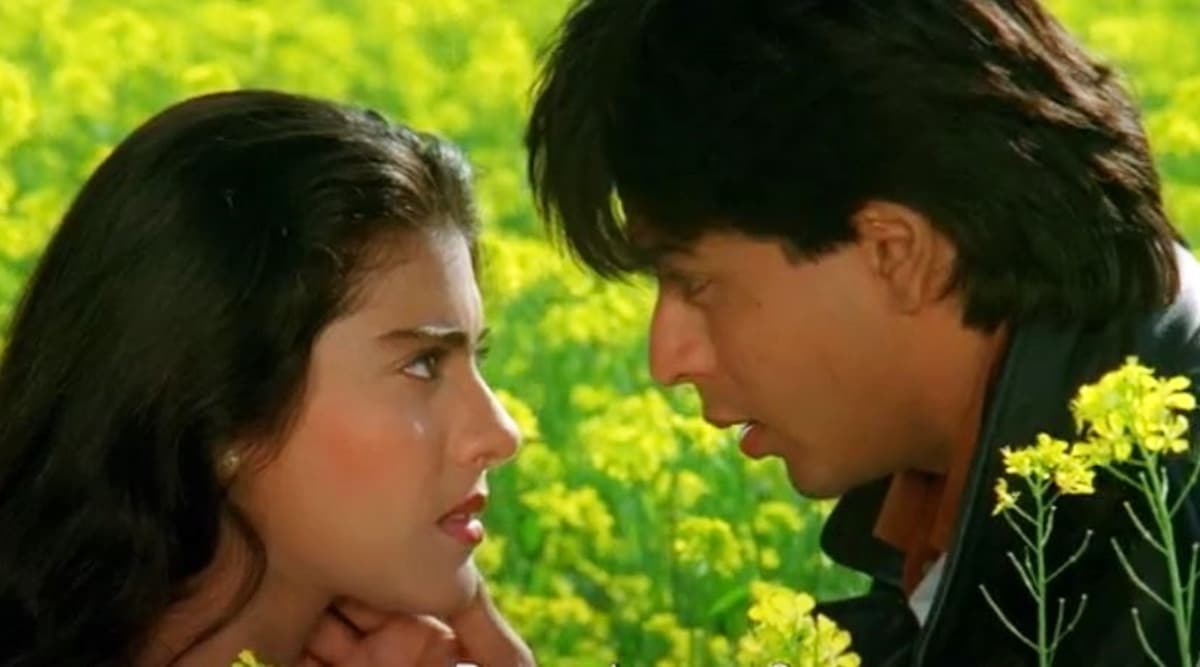
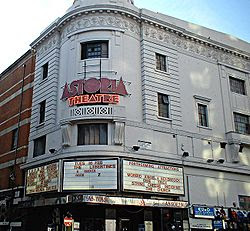
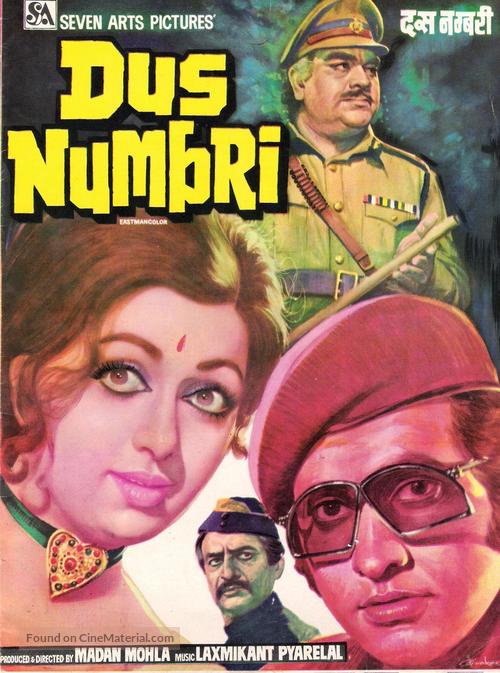
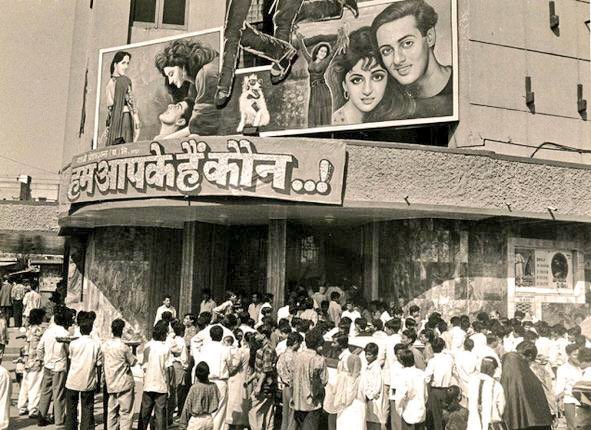
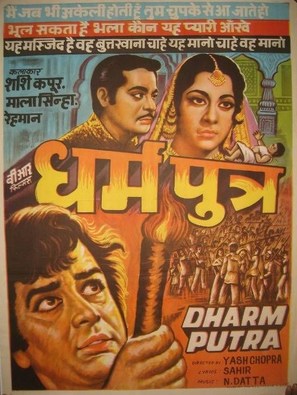
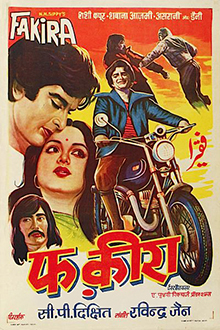
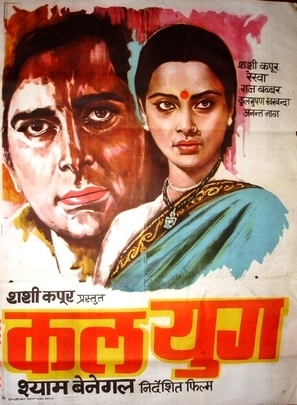


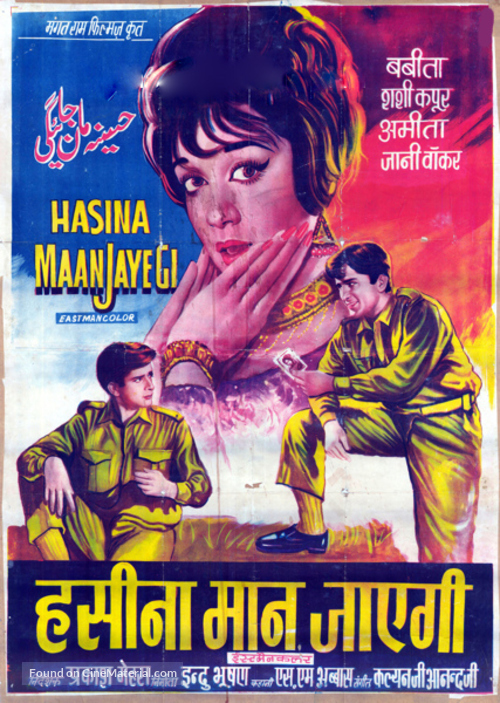



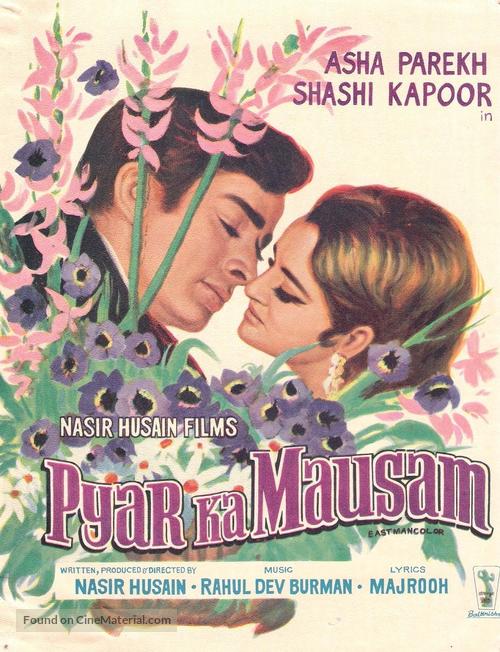
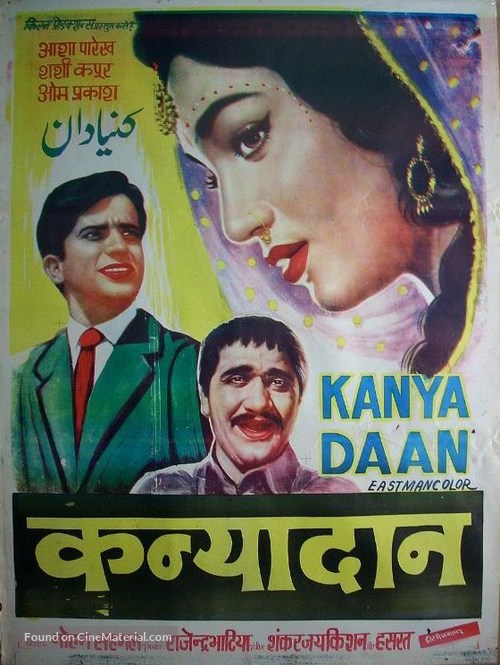

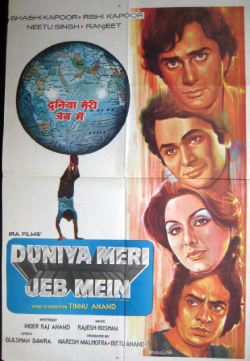

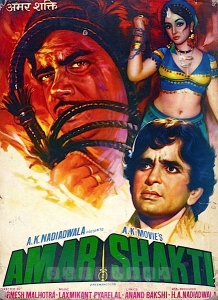
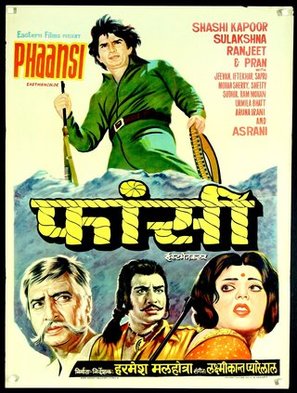





.jpg)

